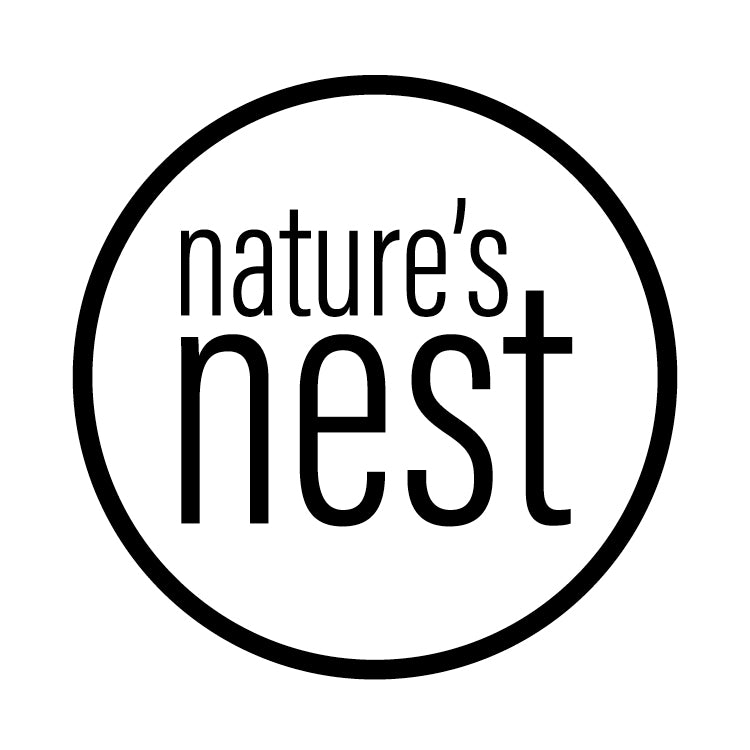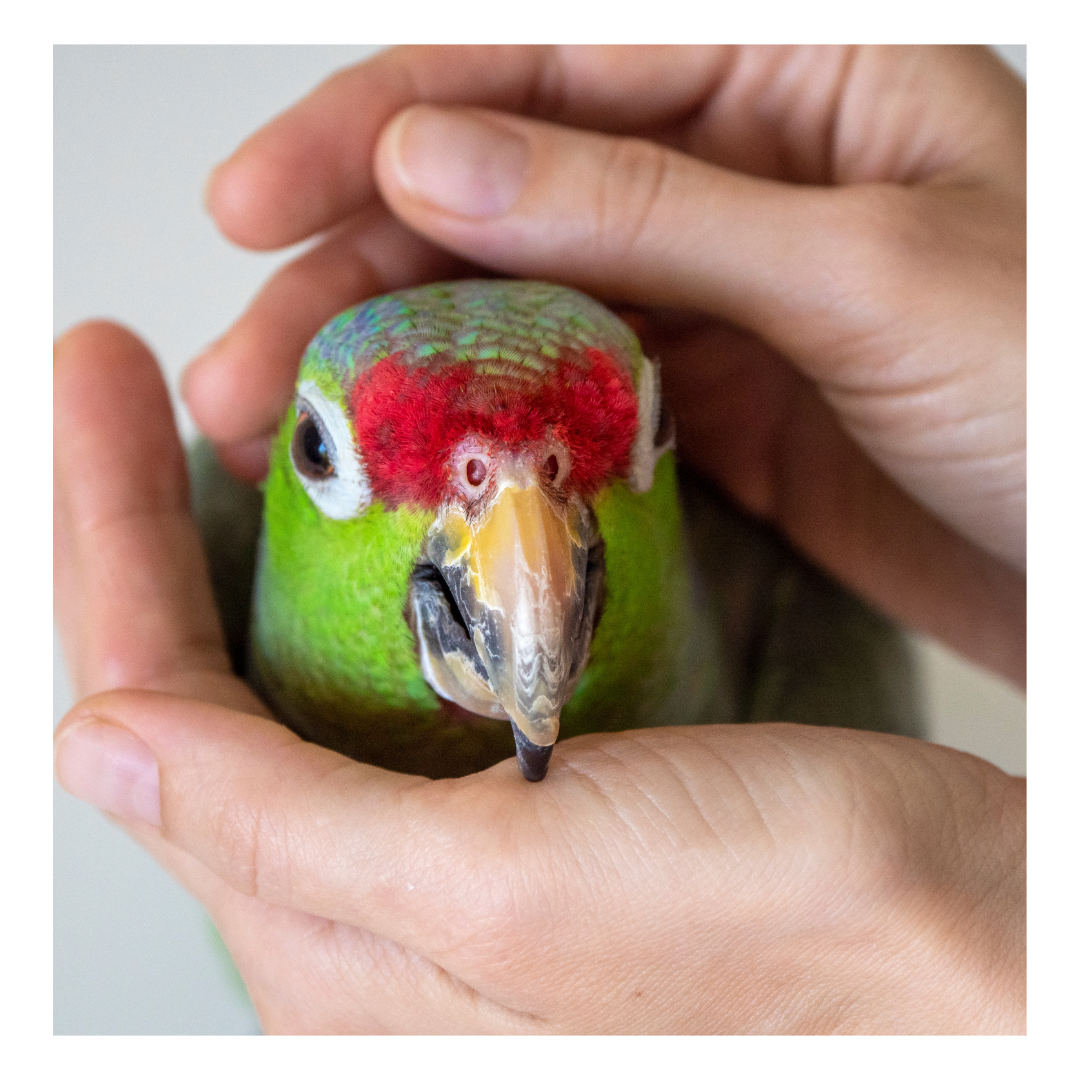Just like humans, parrots thrive on routine. Establishing a healthy daily schedule for your feathered friend can significantly impact their physical health, mental stimulation, and overall well-being. From feeding habits to playtime, each part of a parrot's day plays a vital role in keeping them happy, active, and healthy.
In this blog, we’ll explore simple yet effective daily habits you can incorporate to build a balanced routine that promotes your parrot’s wellness and happiness.
1. Rise and Shine: The Importance of a Morning Routine
Mornings are an important time for parrots, setting the tone for their day. In the wild, they wake up with the sun, stretch their wings, and prepare for foraging. At home, you can help mimic this natural behavior by:
- Uncovering the Cage: If your parrot’s cage is covered at night, uncover it in the morning to let natural light in, helping regulate their sleep-wake cycle.
- Morning Stretch: Allow your parrot some time outside the cage for a stretch and a flap. This is great for both their physical and mental stimulation. If your parrot is allowed outside the cage, always ensure their feathers are properly clipped to prevent accidents and keep them safe while they play.
- Fresh Food and Water: Change their water and offer fresh fruits, veggies, and balanced pellets. Providing breakfast first thing in the morning helps them start the day with the energy they need. Our Avian Wholegrain is the perfect balanced food for breakfast. Refer to our feeding guide for the recommended daily amount of food—this can be split in half between breakfast and the afternoon feed.
2. Balanced Diet: Timing and Nutrition Matter
A balanced diet is crucial to your parrot’s health and vitality, but so is timing. Splitting meals throughout the day can keep them energized without overeating. Here’s how you can plan their feeding:
- Morning and Afternoon Feeding: Offer balanced pellets and a mix of fresh fruits and vegetables. Variety is key—rotate what you provide to keep meals interesting.
- Foraging Time: Create a more enriching mealtime by offering foraging opportunities. Place food in different parts of the cage or provide toys that encourage your parrot to "work" for their food.
Ensuring that meals are nutrient-rich and served at regular intervals helps promote digestion, maintain energy levels, and prevent overeating.
3. Enrichment Activities: Play, Exercise, and Mental Stimulation
Parrots are intelligent, social creatures that require daily exercise and mental stimulation. Boredom can lead to behavioral issues like feather plucking or excessive vocalization, so it’s important to include enrichment activities as part of their routine:
- Playtime and Exercise: Aim for at least 1-2 hours outside the cage each day for physical activity. Whether it’s flying around, climbing, or playing with toys, exercise is essential for keeping your parrot fit. If your parrot’s feathers are clipped, ensure they can safely play and move around within the limits of their ability to fly.
- Interactive Toys and Games: Offer a variety of toys, from puzzle feeders to chewable toys and bells. Rotate toys regularly to keep your parrot curious and engaged.
- Training Sessions: Simple training sessions like teaching tricks, talking, or recall training (flying to you when called) are not only fun but also strengthen the bond between you and your bird.
For engaging and stimulating toys, our friends at The Parrot Supplies Company offer a great selection that your feathered companion will love.
4. Social Time: Bonding and Interaction
Parrots are flock animals, meaning they thrive on social interaction. Set aside time every day to bond with your parrot, ensuring they feel loved and part of the family:
- Daily One-on-One Time: Spend quality time with your parrot through petting, talking, or simply being near them. Even just sitting together and including them in your day-to-day activities can go a long way.
- Introduce Them to New Experiences: Exposing your parrot to new environments, sounds, or people (in a controlled way) helps prevent fearfulness and encourages confidence and socialization.
5. Quiet and Restful Moments: The Importance of Nap and Bedtime
Parrots need restful periods throughout the day, not just at night. Ensure your parrot has time to relax and rest:
- Midday Naps: Parrots may enjoy a short nap during the day, especially if they have had a busy morning. Provide a quiet space or cover part of their cage to give them a sense of privacy.
- Consistent Bedtime Routine: A consistent sleep schedule is vital for your parrot’s health. Aim for around 10-12 hours of uninterrupted sleep in a dark, quiet environment. Covering the cage can help your bird settle down and feel secure.
6. Observation and Monitoring: Keeping an Eye on Health
A daily routine should include a quick health check to ensure your parrot is in top shape:
- Check Food and Droppings: Monitor your parrot’s eating habits and droppings for any unusual changes. These can be early indicators of health issues.
- Observe Behavior and Activity Level: Keep an eye out for any behavioral changes, lethargy, or physical signs like feather condition. Noticing any shifts early can help you address health problems promptly.
Conclusion: The Power of Routine
Establishing a routine for your parrot is more than just sticking to a schedule—it's about promoting a lifestyle that supports their physical health, mental well-being, and social needs. By building these healthy daily habits, you’re ensuring your parrot not only thrives but also enjoys a happy, enriching life as your feathered companion.
Takeaway Tip:
Remember, every parrot is unique, and routines may need to be adjusted to fit their individual preferences and health needs. Keep an eye on how your parrot responds to their schedule and be open to tweaking it as needed to keep them happy and healthy!

